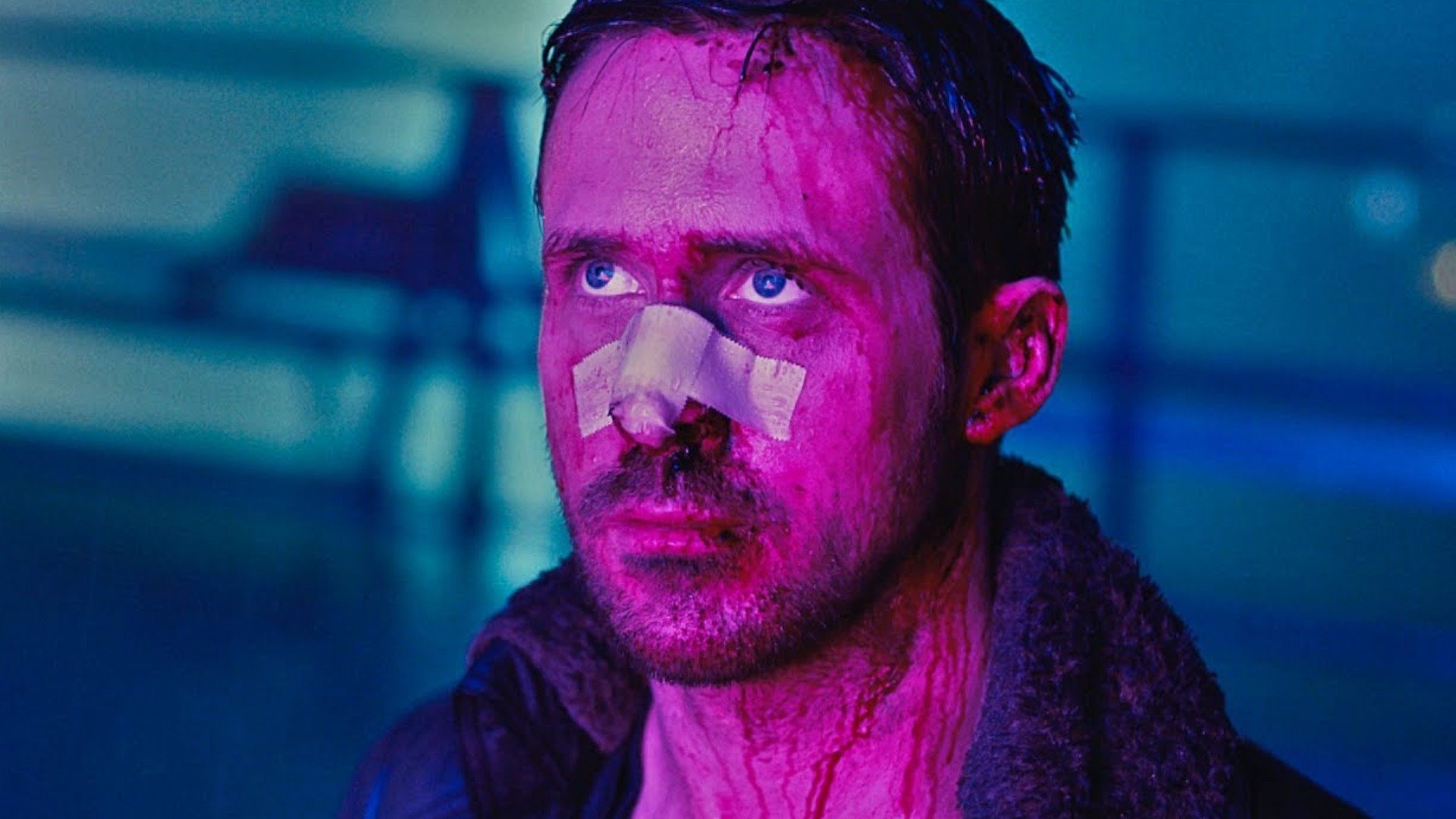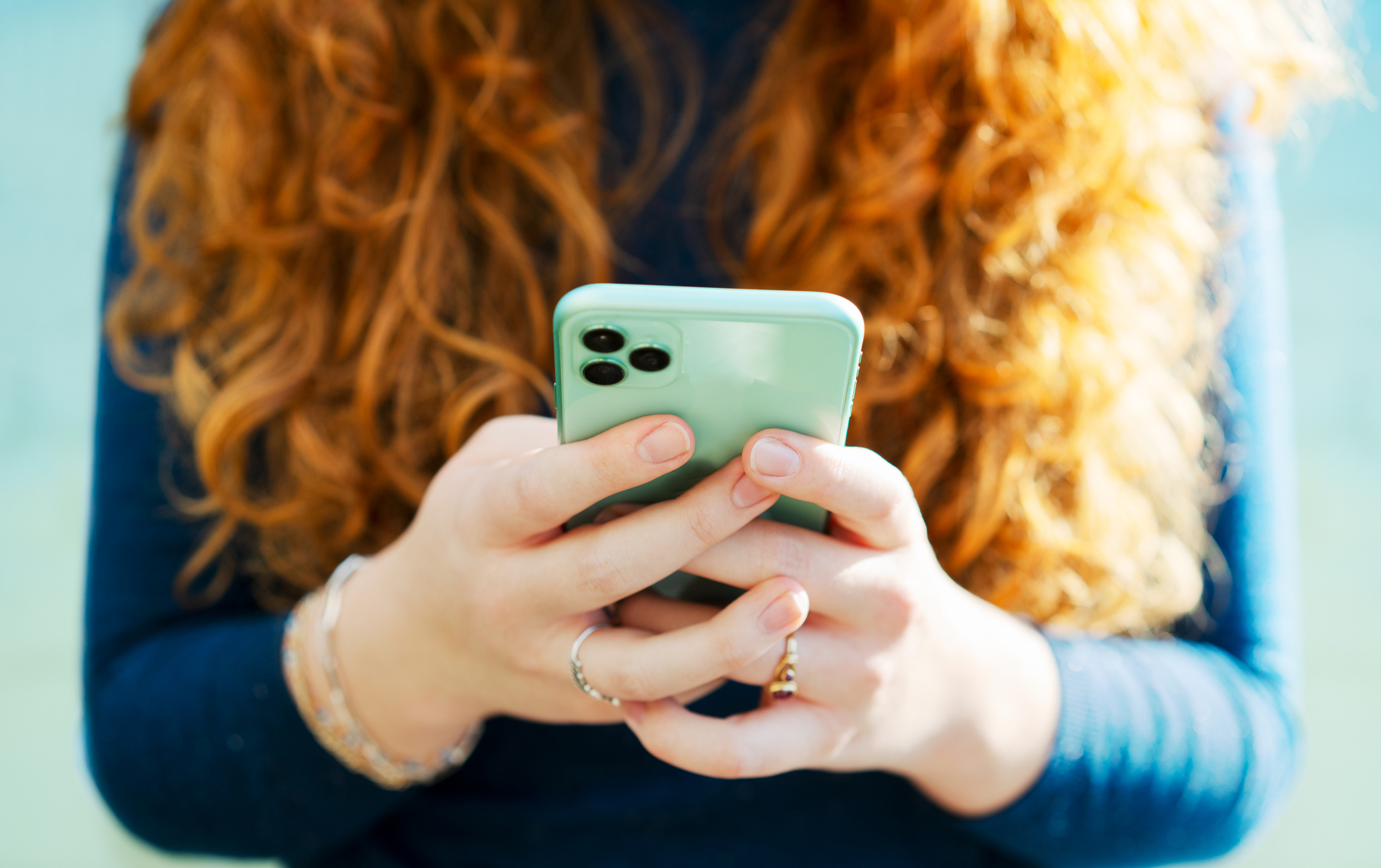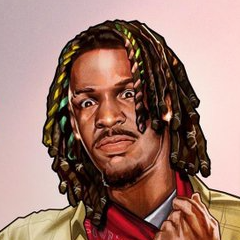The article discusses the rise of chatbots, like Earkick, designed to support mental wellness using AI. These bots analyze user input to provide personalized recommendations, showing promising results in reducing symptoms of depression and anxiety. However, it raises the question of whether AI can truly replicate the human connection and trust integral to traditional therapy. The subjective nature of mental health care poses a challenge for algorithms, as the therapeutic relationship’s nuances are difficult to quantify. While some improvements have been noted, research is ongoing to determine the effectiveness of AI-assisted therapy and its compatibility with traditional providers. Ultimately, the article questions whether people would be willing to replace human therapists with AI, emphasizing the unique value of human connection in mental health care.
Summarized by ChatGPT
“If I told you that I was going to replace your best friend with a computer, you probably would be unhappy,” Tolin says. “There would be something deeply unsatisfying about that, because it’s not a person. I think the same principles may apply to a therapist as well.”
That’s an inaccurate analogy. Therapists aren’t friends (sometimes they can, but it’s usually out of desperation), and friends don’t want to act as therapists.
I do get the sentiment though, sometimes I feel like it’s better talking to a real person than a chatbot. A real person will actually be affected by your words while chatbots don’t have the capability to do that.
Not a replacement, but still pretty damn helpful in a pinch



